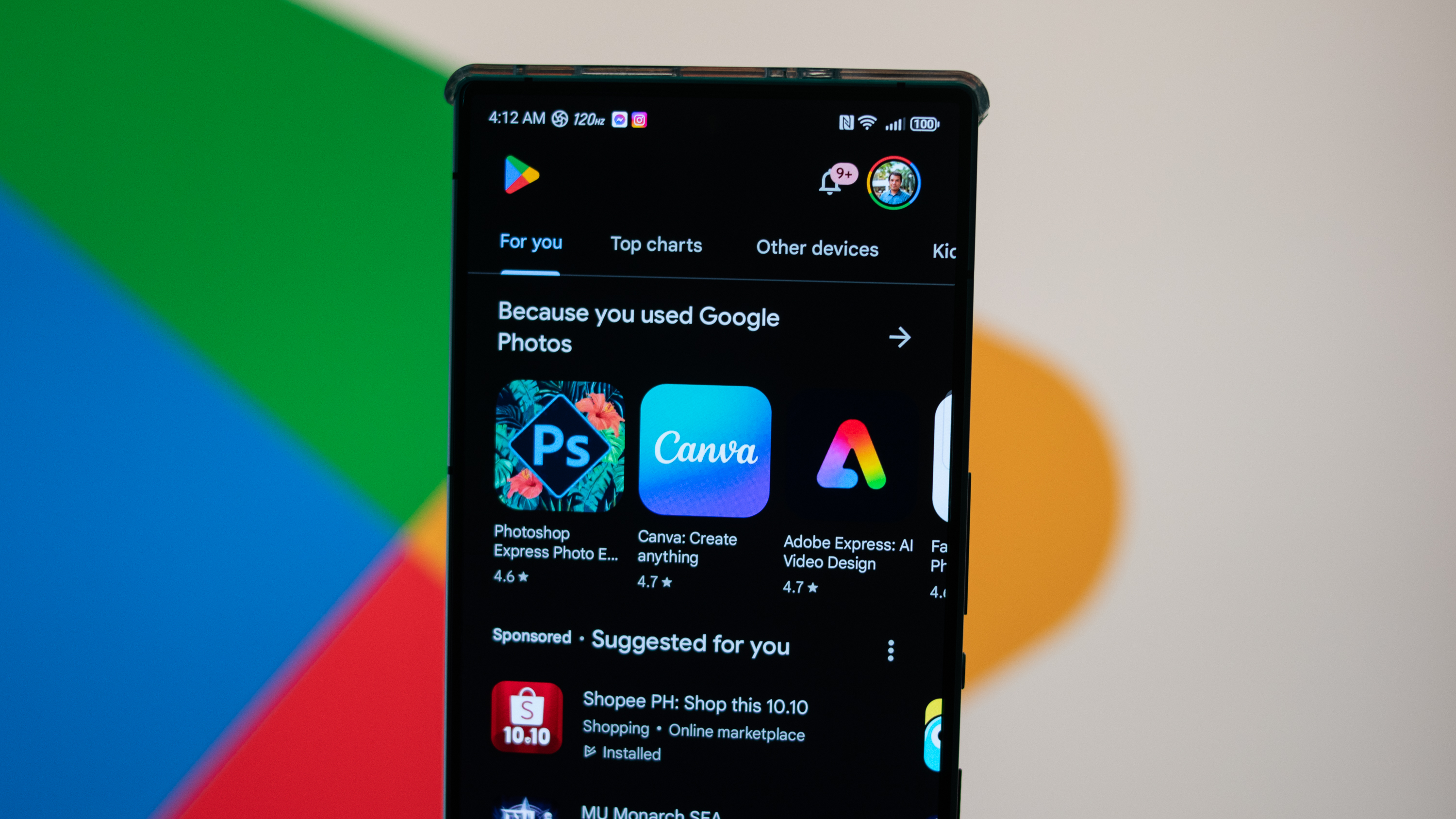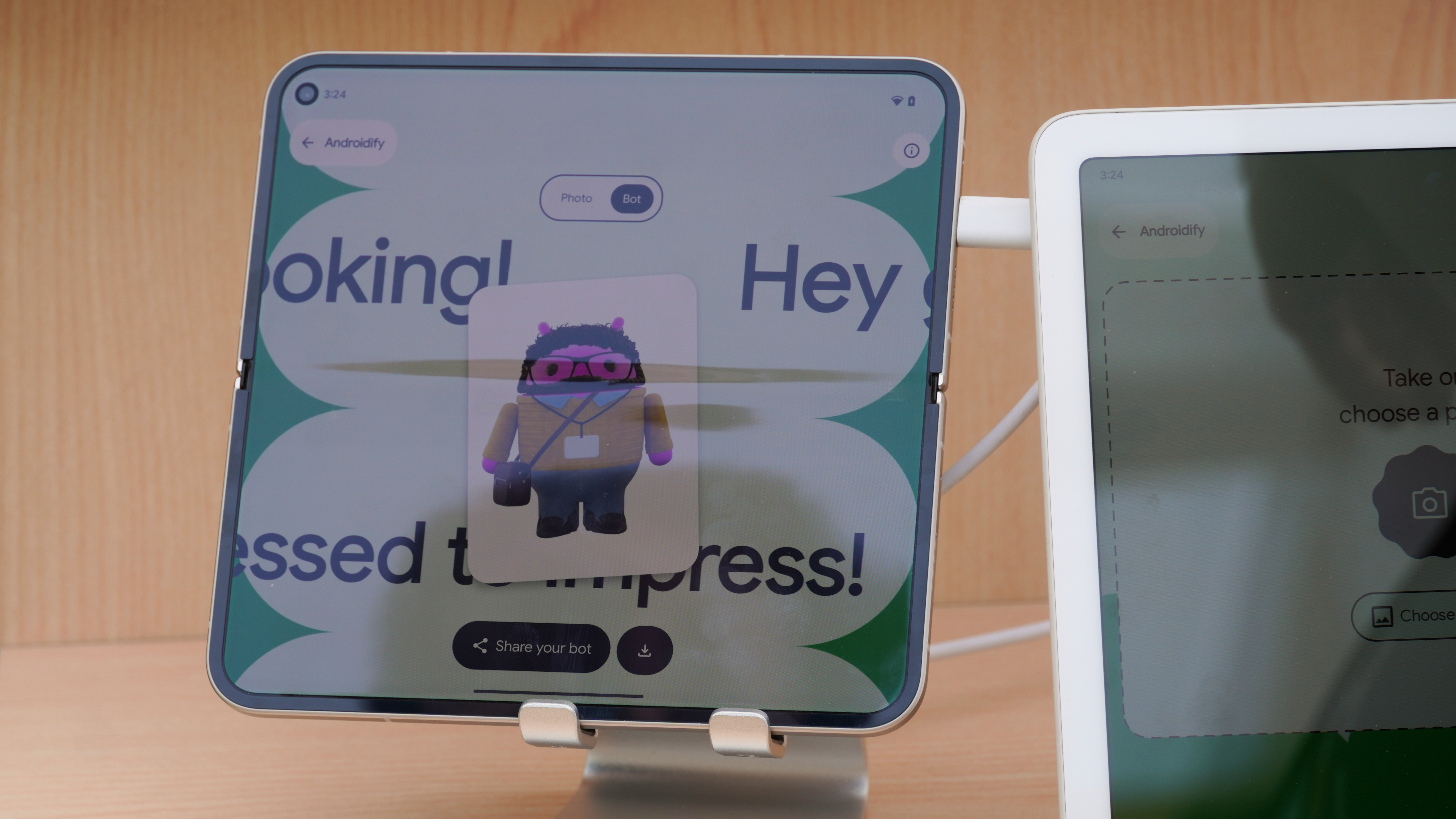You might not see the full effects of the Epic v. Google ruling for years
A recent court decision could hold the required changes until after Google's appeal.

What you need to know
- In the high-profile Epic v. Google lawsuit, U.S. Judge James Donato issued an injunction that would make sweeping changes to the way Google operates.
- Many of these changes were set to take effect Nov. 1, but recently, Judge Donato issued a temporary administrative stay on all but one of them.
- The decision of whether to hold off on forcing these changes while Google appeals now rests with the Ninth Circuit court, which is expected to extend the administrative stay.
Late last year, the jury in the Epic v. Google case returned a verdict that the Google Play Store had become an illegal monopoly. More recently, U.S. Judge James Donato issued an injunction outlining the changes Google would be forced to make to the Play Store as part of that verdict. Google is appealing that verdict, and while it does — a process that could lengthen — the company may not have to make most of the changes required by Judge Donato's injunction.
Google and Epic both confirmed that Judge Donato issued a temporary administrative stay on Friday, Oct. 18 for all the measures in his injunction save for one (via The Verge). Initially, the steps had to be in place by Nov. 1, a deadline that was quickly approaching. Google received just 30 days to comply with Judge Donato's injunction before he issued the administrative stay.
Shortly after the details of Epic v. Google verdict and the injunction were announced, Google vowed to appeal. In an Oct. 7, 2024 statement, the company said that the injunction's measures "will cause a range of unintended consequences that will harm American consumers, developers and device makers."
"These Epic-requested changes stem from a decision that is completely contrary to another court’s rejection of similar claims Epic made against Apple — even though, unlike iOS, Android is an open platform that has always allowed for choice and flexibility like multiple app stores and sideloading," the company continued. "We are appealing that underlying decision and we will ask the courts to pause Epic’s requested changes, pending that appeal."
Additionally, Google updated that statement on Oct. 16, when it asked the Ninth Circuit Court of Appeals to pause the changes that would be required by the injunction starting Nov. 1. It also asked Judge Donato to issue the administrative stay, which he did, but only long enough for the Ninth Circuit court to make a decision.
The company also shared a fact sheet describing "what's at stake" and its full emergency motion to the Ninth Circuit court. In essence, Google is unsatisfied by the decision and believes the short turnaround time for requiring the injunction's changes would put users at risk.
" At the request of a single competitor, Epic Games, the District Court ordered extensive redesigns to Play that will expose 100-million-plus U.S. users of Android devices to substantial new security risks and force fundamental changes to Google’s contractual and business relationships with hundreds of thousands of Google partners," the company said in the emergency filing.
Get the latest news from Android Central, your trusted companion in the world of Android
"The court gave Google just three weeks to make many of these sweeping change — a Herculean task creating an unacceptable risk of safety and security failures within the Android ecosystem."
The Ninth Circuit court still needs to rule on whether the measures of the injunction will be delayed until it rules on Google's appeal. If it grants Google's emergency motion — which Judge Donato reportedly told people in the courtroom he expects the Ninth Circuit to, per The Verge — users might not see major changes to the Google Play Store for years.
For mow, the only measure of the injunction still set to take effect Nov. 1 is the order that bars Google make deals with OEMs or carriers that block the preinstallation of competing app stores. In theory, this could make it possible for third-party app stores — like the Epic Game Store — to ship pre-installed on devices sold by certain carriers or brands.

Brady is a tech journalist for Android Central, with a focus on news, phones, tablets, audio, wearables, and software. He has spent the last three years reporting and commenting on all things related to consumer technology for various publications. Brady graduated from St. John's University with a bachelor's degree in journalism. His work has been published in XDA, Android Police, Tech Advisor, iMore, Screen Rant, and Android Headlines. When he isn't experimenting with the latest tech, you can find Brady running or watching Big East basketball.
You must confirm your public display name before commenting
Please logout and then login again, you will then be prompted to enter your display name.
